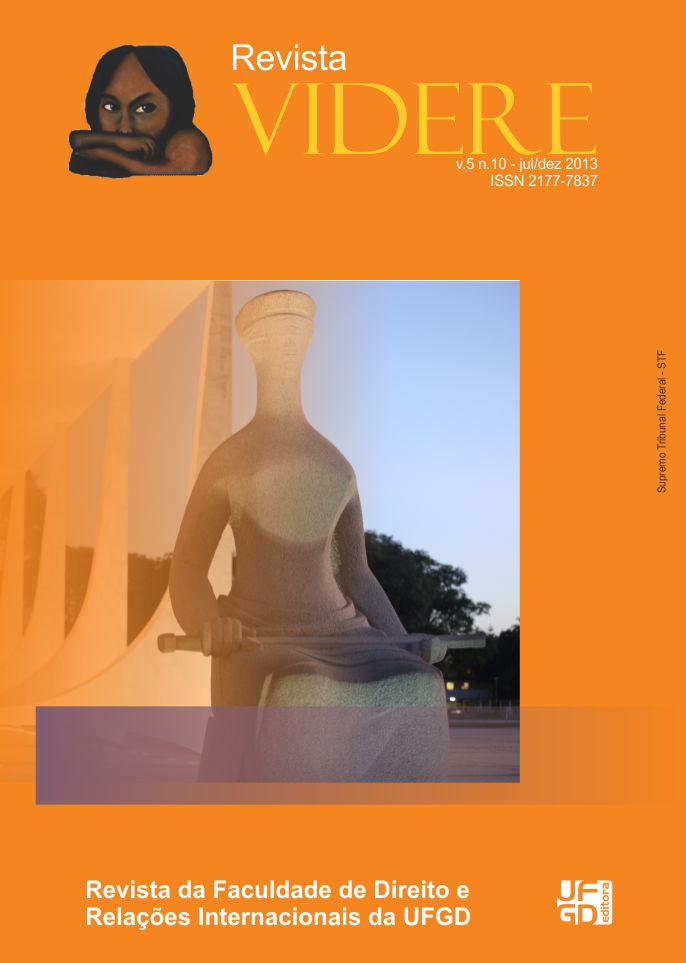A reincidência criminal e o argumento de política criminal de emergência: reflexos no processo penal democrático
Keywords:
Reincidência Criminal. Fundamentos. Reflexos Processuais.Abstract
O instituto da reincidência criminal está arraigado no ordenamento jurídico pátrio desde o Código Imperial de 1830, como uma forma de agravar a punição do indivíduo que reitera na prática delituosa. Apresenta o objetivo de sopesar na dosimetria da pena a falha ressocializadora e preventiva daquela anteriormente imposta. A discussão sobre a constitucionalidade ou não deste instituto foi tema de discussão no Supremo Tribunal Federal pelo RE 453.000/RS e, um dos argumentos utilizado para o julgamento unânime que decidiu ser constitucional foi que se faz necessária a manutenção de sua previsão por uma questão de política criminal de emergência. Sabe-se, contudo, que a reincidência criminal é uma circunstância agravante prevista no artigo 61, inciso I, do Código Penal, gera diversas consequências ao apenado e reflexos no decurso do processo. No âmbito do processo penal, busca-se incessantemente a construção de um processo totalmente compatível com o modelo estatal, ou seja, democrático e que atenda aos mandamentos da Constituição Federal. Desta forma, será refletido neste trabalho se o argumento da política criminal de emergência para a manutenção da reincidência criminal condiz com a realidade retratada pelos índices de reincidentes e a construção de um processo penal realmente democrático, observando-se os preceitos constitucionais que balizam a proteção ao indivíduo processado criminalmente. Sem a pretensão de esgotar a temática, utilizou-se da pesquisa bibliográfica, aplicando-se o método dedutivo-indutivo.Downloads
Downloads
Published
How to Cite
Issue
Section
License
Authors must accept the publication rules when submitting the journal, as well as agree to the following terms:
(a) The Editorial Board reserves the right to make changes to the Portuguese language in the originals to maintain the cultured standard of the language, while respecting the style of the authors.
(b) Authors retain the copyright and grant the journal the right to first publication, with the work simultaneously licensed under the Attribution-NonCommercial-ShareAlike 3.0 Brazil (CC BY-NC-SA 3.0 BR) that allows: Share - copy and redistribute the material in any medium or format and Adapt - remix, transform, and create from the material. CC BY-NC-SA 3.0 BR considers the following terms:
- Attribution - You must give the appropriate credit, provide a link to the license and indicate whether changes have been made. You must do so under any reasonable circumstances, but in no way that would suggest that the licensor supports you or your use.
- NonCommercial - You may not use the material for commercial purposes.
- Sharing - If you remix, transform, or create from material, you must distribute your contributions under the same license as the original.
- No additional restrictions - You may not apply legal terms or technological measures that legally restrict others from doing anything that the license permits.
(c) After publication, authors are allowed and encouraged to publish and distribute their work online - in institutional repositories, personal page, social network or other scientific dissemination sites, as long as the publication is not for commercial purposes.



















